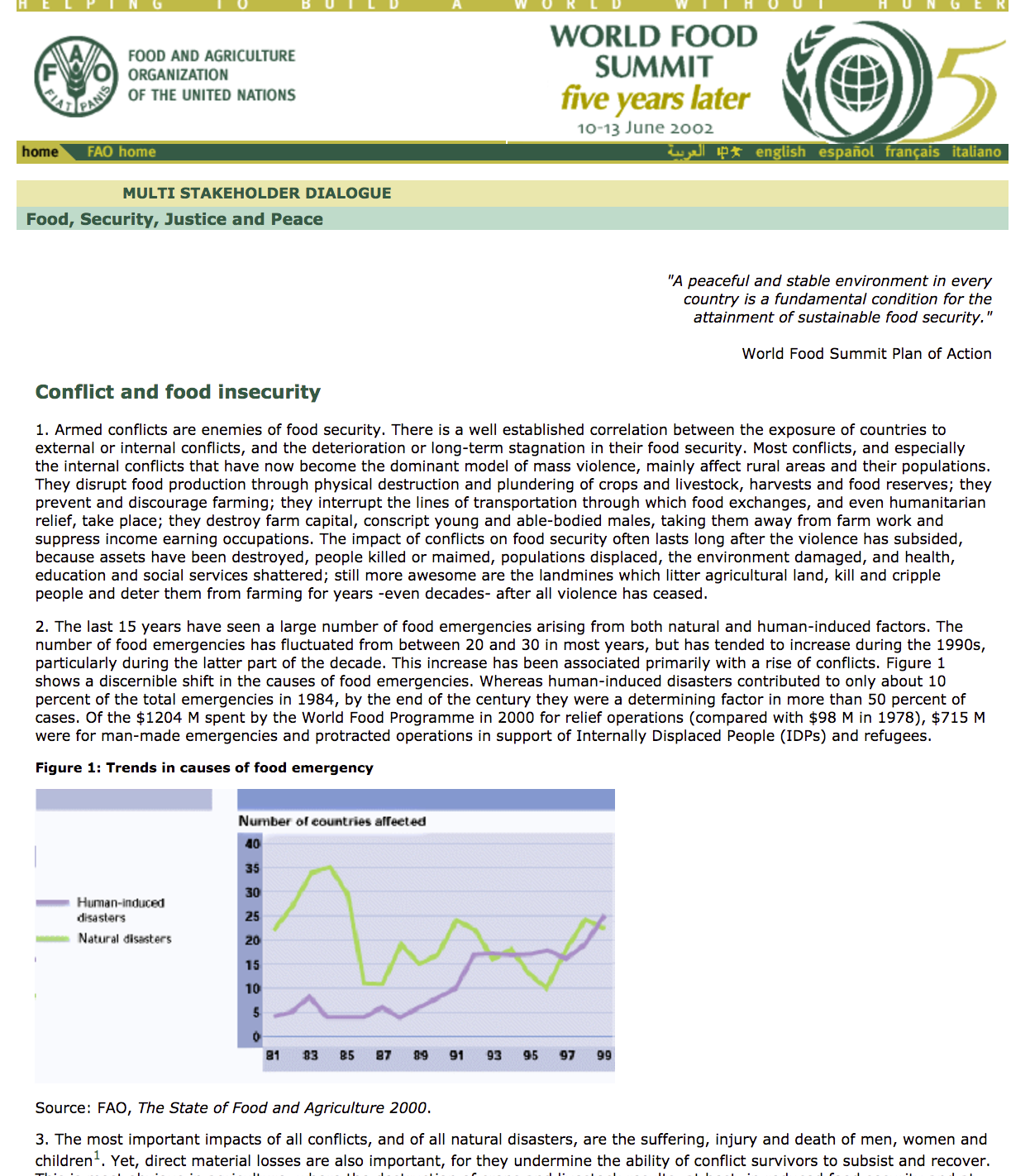Mortgaging the Future: The World Bank’s Land Agenda in Africa
Analyses the World Bank’s Policy Research Report (PRR) from a gender perspective and is critical of the consultation process on it thus far. It has important implications for women in Africa. The Bank believes land should be viewed not as a source of subsistence but of capital. It ignores women’s unpaid labour as a factor in agricultural productivity. It treats the household as an undifferentiated unit and ignores that the family often functions as a site of oppression. The Bank stresses ‘motivated’ family labour but ignores that much of women’s labour is far from voluntary.




